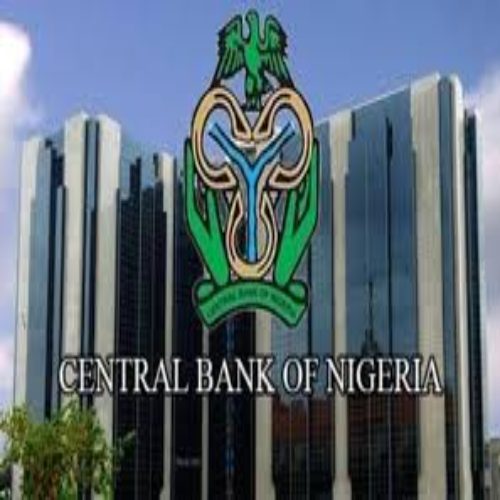
Economists and financial analysts are forecasting that the Central Bank of Nigeria (CBN) will likely increase the Monetary Policy Rate (MPR) following the conclusion of its Monetary Policy Committee (MPC) meeting scheduled for February 26-27, 2024. This meeting, the 293rd session of the MPC, will be particularly significant as it marks the first time Olayemi Cardoso, the newly confirmed CBN governor, will preside over the discussions.
The MPR, which serves as the country’s key interest rate, currently stands at 18.75%, and it is widely believed that the CBN may hike this rate further as part of its efforts to tackle persistent inflation, a weakening exchange rate, and low economic growth. The MPC, which plays a crucial role in shaping the nation’s monetary policy, is responsible for setting such key rates in a bid to manage Nigeria’s economic landscape effectively.
Financial analysts from Analysts Data Services and Resources (ADSR) conducted a sentiment analysis of past MPC communiques, which they say points to a probable rate hike at this meeting. According to the ADSR’s analysis, the sentiments in previous communiques, especially those during the tenures of former governors Chukwuma Soludo, Lamido Sanusi, and Godwin Emefiele, suggest that a further tightening of the monetary policy is on the horizon. The analysis indicates that the CBN may raise the MPR by a further 100 to 200 basis points (bps), potentially bringing the rate to between 19.5% and 20.5%.
The inflation rate in January 2024 surged to 29.9%, with food inflation escalating to 35.41%, as reported by the National Bureau of Statistics (NBS). Coupled with a volatile foreign exchange market and a depreciating naira, these economic pressures are prompting the CBN to take aggressive measures. As inflation continues to defy previous interventions, the CBN’s Monetary Policy Committee is expected to focus on tightening the policy further, with the goal of raising real interest rates to attract investment and support the naira.
In line with the CBN’s strategy to control inflation, the last MPC meeting, held in July 2023, saw an increase in the MPR by 25 basis points. However, despite these efforts, inflation has continued to rise, indicating the challenges faced by the central bank in implementing its monetary policies effectively. Afrinvest, a leading financial services company, suggested that the MPC is likely to continue its tightening stance in light of global monetary trends, with other central banks worldwide also hesitant to reduce interest rates.
The anticipated rate hike comes amid challenges in the policy transmission mechanism, as the country grapples with the alignment of monetary and fiscal policies. Many believe the lack of coordinated efforts between the fiscal and monetary authorities has hindered the effectiveness of previous interventions, contributing to the nation’s ongoing inflationary pressures.
As Nigeria faces economic challenges such as persistent inflation and currency depreciation, the actions of the CBN will continue to be under scrutiny, especially with the new leadership under Olayemi Cardoso. The decision to raise the MPR would have significant implications for businesses, borrowers, and investors in the country. A higher MPR typically leads to increased borrowing costs, which can slow down investment and economic activity. However, it is also seen as a necessary move to combat inflation and stabilize the currency.


